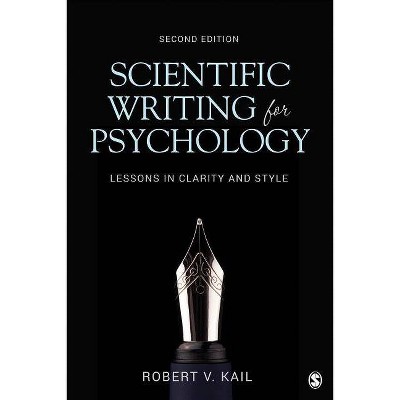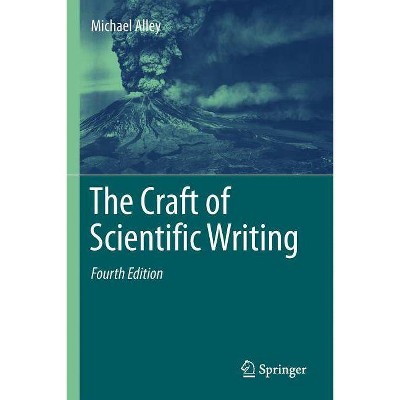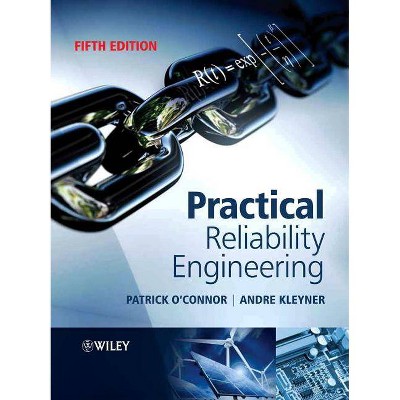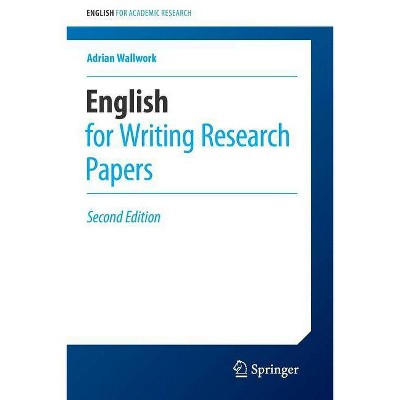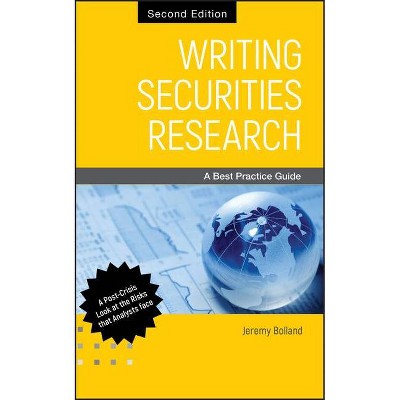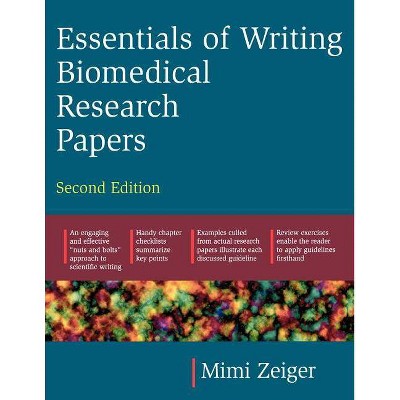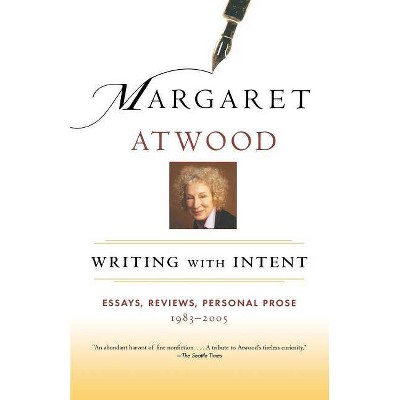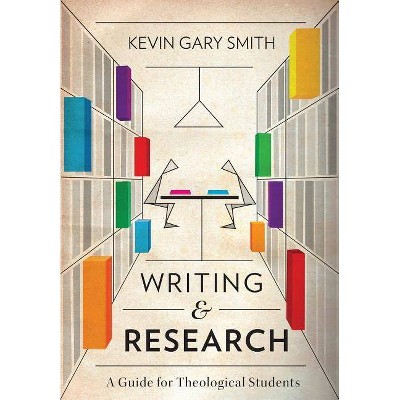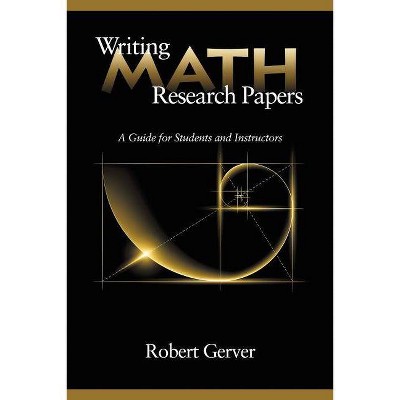Writing Scientific Research Articles - 2nd Edition by Margaret Cargill & Patrick O'Connor (Paperback)
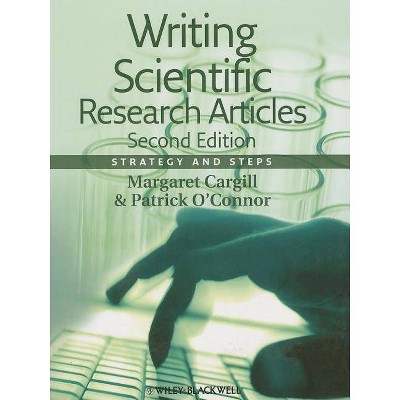
Similar Products
Products of same category from the store
AllProduct info
<p/><br></br><p><b> Book Synopsis </b></p></br></br><p>This book shows scientists how to apply their analysis and synthesis skills to overcoming the challenge of <b><i>how</i></b> to write, as well as <b><i>what</i></b> to write, to maximise their chances of publishing in international scientific journals.<br /> <br /> The book uses analysis of the scientific article genre to provide clear processes for writing each section of a manuscript, starting with clear 'story' construction and packaging of results. Each learning step uses practical exercises to develop writing and data presentation skills based on reader analysis of well-written example papers. Strategies are presented for responding to referee comments, and for developing discipline-specific English language skills for manuscript writing and polishing.<br /> <br /> The book is designed for scientists who use English as a first or an additional language, and for individual scientists or mentors or a class setting. In response to reader requests, the new edition includes review articles and the full range of research article formats, as well as applying the book's principles to writing funding applications.</p> <p>Web support for this book is available at www.writeresearch.com.au</p><p/><br></br><p><b> From the Back Cover </b></p></br></br><p>This book shows scientists how to apply their analysis and synthesis skills to overcome the challenge of <i>how</i> to write, as well as <i>what</i> to write, to maximise their chances of publishing in international scientific journals. The book uses analysis of the scientific article genre to provide clear processes for writing each section of a manuscript, starting with clear 'story' construction and packaging of results. Each learning step uses practical exercises to develop writing and data presentation skills based on reader analysis of well-written example papers. Strategies are presented for responding to referee comments, and for developing discipline-specific English language skills for manuscript writing and polishing. The book is designed for scientists who use English as a first or an additional language, and for use by individual scientists or mentors or in a class setting. In response to reader requests, the new edition includes review articles and the full range of research article formats, as well as applying the book's principles to writing funding applications.<p/><br></br><p><b> Review Quotes </b></p></br></br><br>"This volume will be useful for upper-level undergraduates, ESL students, and graduate students who need assistance in writing for publication. Summing Up: Recommended. Upper-division undergraduates and graduate students." (<i>Choice</i>, 1 November 2013) <p>"As was the case with its predecessor, the second edition of Writing Scientific Research Articles will be of most value to early-career scientists with little writing experience. It should also be read by research scientists who do not have English as their first language. The book could also serve as a refresher in scientific writing for experienced scientists, and it contains a lot of sound advice that should be heeded by English-speaking researchers." (<i>Aquaculture International</i>, 1 August 2013)<br /><br />I liked many aspects of this book. The text is well written and easy to read, as you would hope with a book on writing. The tone is formal, and I had no trouble imagining the authors presenting the material in a series of lectures. ( Bulletin of the Entomological Society of Canada 2013)</p><br><p/><br></br><p><b> About the Author </b></p></br></br><p><b>Margaret Cargill</b> is an applied linguist with over 20 years experience as a research communication educator. Her current research centres on innovative collaborative methods for helping scientists develop high-level skills for communicating their research findings effectively in the international arena. She has worked extensively in Australia, Europe and Asia with scientists of many language and cultural backgrounds.</p> <p><b>Patrick O'Connor</b> is a research ecologist, environmental consultant and science educator. His work over the last 15 years has focussed on the use of scientific principles in designing and evaluating environmental programs for governments and statutory authorities in Australia. His research interests and scientific publications span fields of terrestrial ecology and detection of change in plant and animal communities.</p>
Price History
Price Archive shows prices from various stores, lets you see history and find the cheapest. There is no actual sale on the website. For all support, inquiry and suggestion messages communication@pricearchive.us
